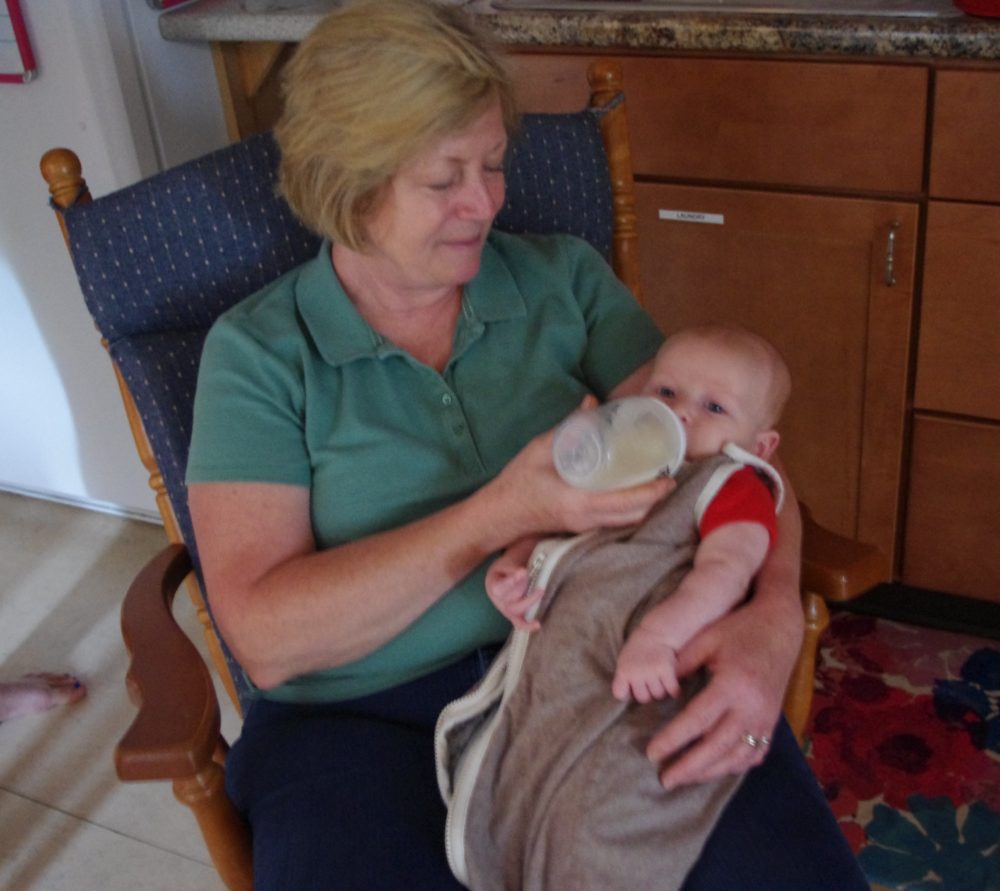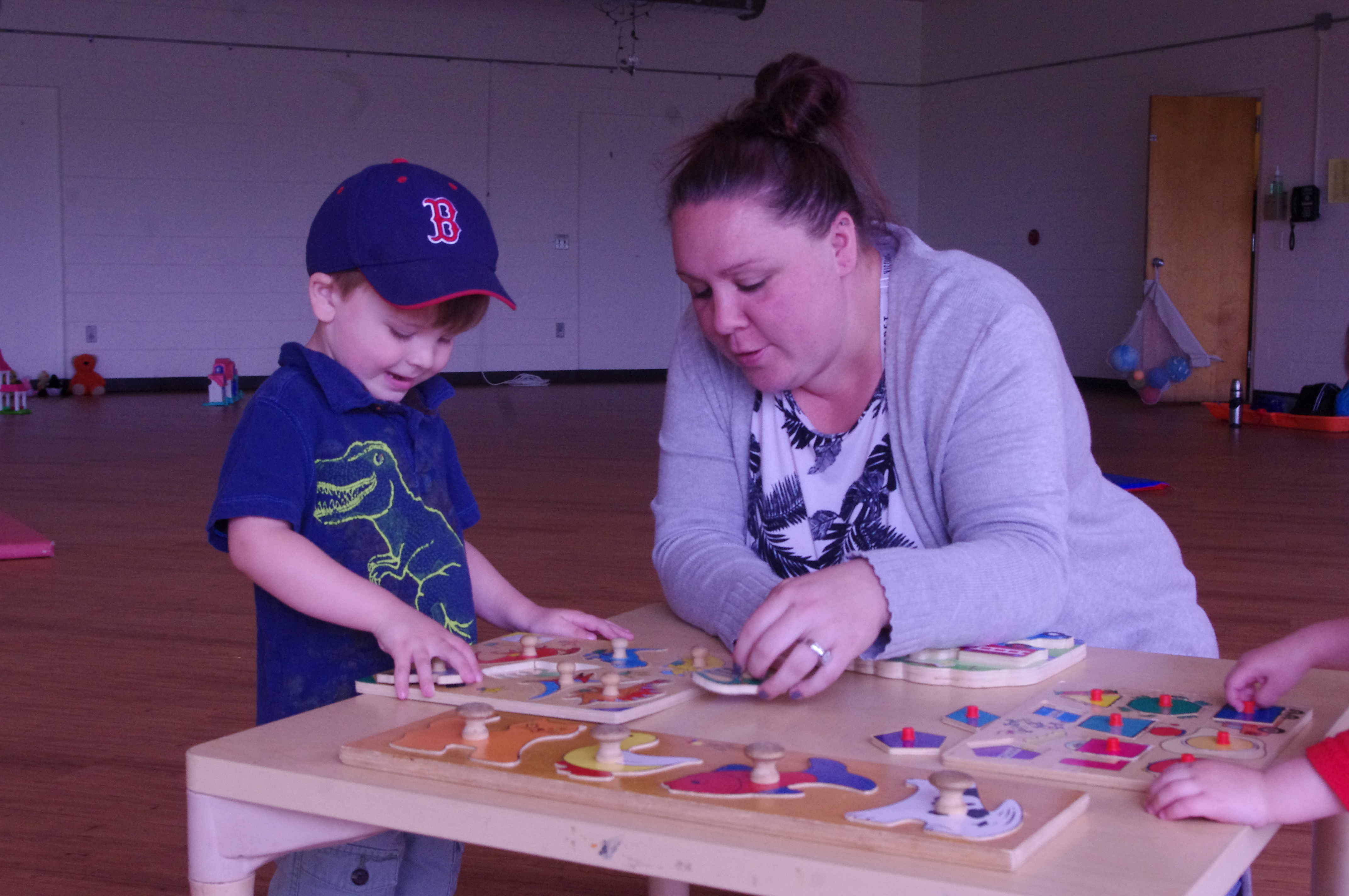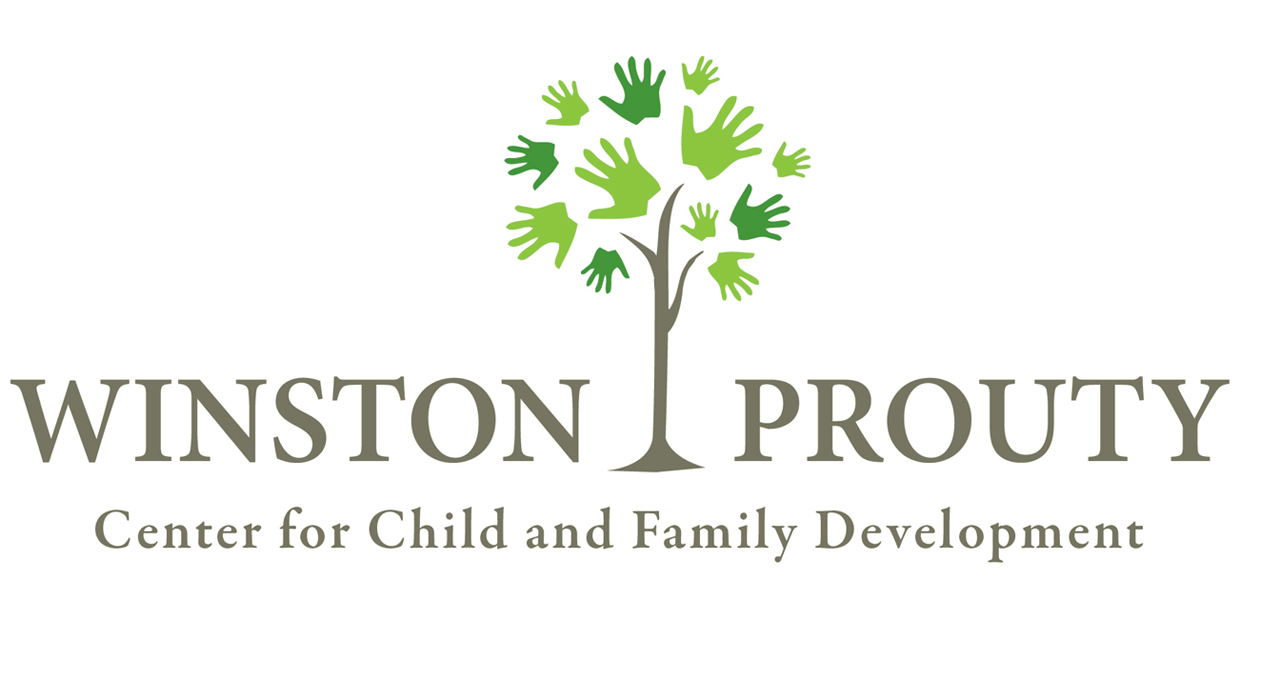Good News for Families in the State Budget

The start of summer brings the start of a new state budget year. And this year, there is a reason for families with young children to celebrate. One large new investment came in the form of an increase in the Child Care Financial Assistance Program (CCFAP). The approximately $5.8 million dollars will increase the benefit amount families receive, update the income eligibility criteria and create a more gradual decrease in benefits as families earn more money. This investment will make childcare more accessible to families by making it more affordable. The question of whether to pay for childcare or stay out of the paying workforce to stay home is one that many families repeatedly ask themselves. A more robust financial assistance program can provide a solution for those families that want a real choice, not one determined purely by economics.
What is the Child Care Financial Assistance Program? Families who are income-eligible and have an identified need, such as work or going to school, can receive a subsidy from the state for tuition for childcare and after school programs for children up to age 13, and in some cases beyond that age. Information about the benefit, including resources to apply, can be found on the Department of Children and Families web site (https://dcf.vermont.gov/benefits/ccfap). Every region of the state has an agency designated to provide support to families and programs so that they can access the CCFAP benefit. The Winston Prouty Center provides this service free-of-charge in most of Windham County. One important facet of the program to understand is that the amount paid for tuition through this program is based on a ‘market rate’ not on the actual tuition charged. Families are responsible for a co-pay if the tuition is more than the reimbursement from the state. Many programs recognize that families who are eligible for subsidy are unlikely to be able to make this co-pay and end up providing the spot at a discount. While this is great for families, it is challenging for programs because it is lost revenue in a business that already subsidizes care and education by not charging what it truly costs to provide the service. Therefore, the increase in reimbursement rates is good for providers as well

This investment is good news for businesses, too. Vermont unemployment, which was 2.1% in May 2019, is incredibly low. This represents about 7300 people who are looking for work while there are over 8500 jobs listed on Vermont Job Link alone (http://www.vtlmi.info/press.pdf ). It is very difficult for employers to successfully recruit applicants and hire in this environment. Helping families with young children be able to participate in the workforce by supporting their access to childcare is an important piece of a solution to this challenge.
This expansion of CCFAP is an excellent start. However, continued investment is needed to realize the full potential of the program for families, programs and employers. Childcare is an essential part of economic development, particularly as we look to attract young people to our state. This requires solid early care and learning system infrastructure with an assortment of high-quality, affordable options for families to choose from as they consider having children and figuring out how to stay in the workforce. Childcare programs need to have the resources to maintain high-quality, including being able to pay a livable wage to their teachers. If CCFAP can include a broader range of families and offer a true market rate, we will be well on our way to building and maintaining the infrastructure we need. Investing in childcare is not just about helping families with young children, it is about building vibrant communities with strong economies so that we can all thrive.
Chloe Learey is the executive director of Winston Prouty Center for Child and Family Development in Brattleboro which is celebrating its 50th anniversary this year. She serves on the Building Bright Futures State Advisory Council, a governor-appointed body that advises the Administration and Legislature on early childhood care, health and education systems.
Angela Hoag, ELC Administrative Coordinator, and Willie Gussin, Community-Based Services Intake Coordinator talk about the Child Care Financial Assistance Program.
